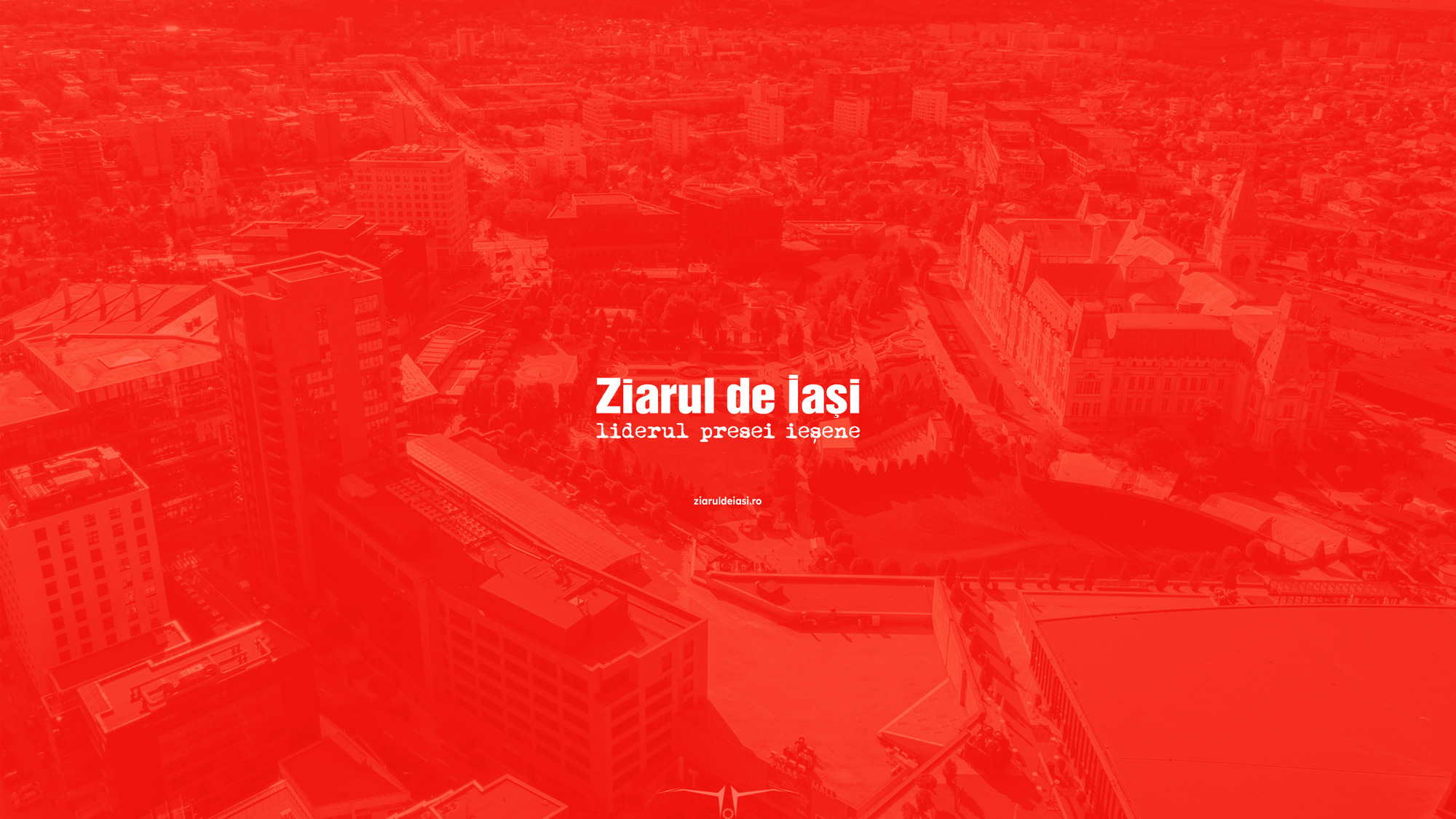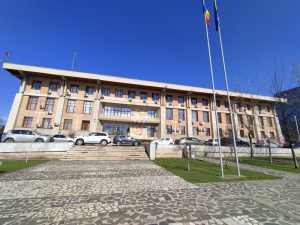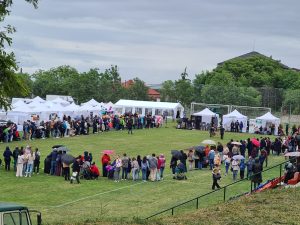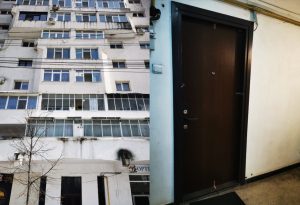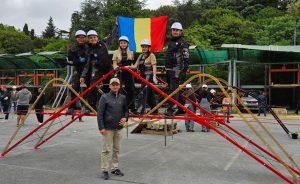
While in Prague lots of organizations noisily protest against the globalization, which could be easily explained by the implacable logic of the market economy, at Belgrade, thousands of Serbs went out in the streets to celebrate in advance the victory of the democracy. The demonstrations these days in the two capitals of the former socialist camp, contradictory but accidentally simultaneous, have something in common however. Both of them claim to be the voice of an oppressed majority opposing a force that tries to act in spite of its will. Both of them express, more or less justifiably, the imperative of the deliverance. One of them wants to liberate from what the opponents of the globalization call the "money empire", represented by the rich states, the IMF, the World Bank or the WTO. The other wants to liberate from the dictatorship of hate and isolation embodied by the Milosevic regime. And this is all as for the analogies.
As for the periods of time, the protests in the Czech capital represent the beginning of an answer. A brutal one, anarchic sometimes, incoherent and invalid in front of the challenge of a future about which nothing is said yet. Eventually, the globalization equally worries the prematurely called winner and the defeated.
At Belgrade they celebrate, at the most, the late retrieval of a time. At Belgrade, the success of the democracy hardly starts confirming what in Prague the demonstrators seem to negate or at least to question. This is about the impossibility to oppose the crucial changes that the whole world has assisted to for the last years, changes generically called globalization. From this perspective, we could more usefully judge what actually represents our point of interest here, i.e. the historic majoritarian (by now) vote against Milosevic during the Sunday elections in Yugoslavia. The results, unofficial yet, is looked forward to and saluted by almost the whole international community. Even Russia, the big and the last European protector of Milosevic’ s Yugoslavia, has abstained now from any declaration or action that could have encouraged one way or another, right before the elections, the almost defunct regime in Belgrade. Now, even without an official confirmation of the results, Putin admits "de facto" Milosevic’ s defeat, according to the papers in Moscow. "Don’t let the Russians on the Danube", the title of the article that Ion Iliescu paid for to appear in the pages of a big American daily one year ago, gets now the dimensions of a gratuitous gesture. Russia has almost nothing to say any more in the Balkans.
But the problem remains as serious as before and, above all, urgent. The Serbs voted against Milosevic with a smile on their face and looking towards the West. The vote for Kostunica, the "national democrat", looks more like the result of a internal settlement of problems than like the convinced abjuration of a criminal regime. Milosevic’ s symbolic resources among the Serbs are constant and Kostunica’ s assurances against any "witch chase" in case he won represented an important point in obtaining the victory.
His credibility was to be strengthened by a constant critical attitude both towards the NATO military intervention last year and the International Penal Court for War Crime, especially founded for Milosevic and his acolytes. The Serbs’ feelings will remain anti-occidental and especially anti-American for a while (maybe for one generation). If Milosevic looses, both the United States and the EU countries will have to find a compromise formula between following their own moral and legal arrangements to force the Belgrade leader to pay for his sins and trying to maintain the democracy stable in such a complicated country as Yugoslavia. The reconstruction difficulties, huge in a country ruined by ten years of war, are more tolerable than the incertitude that a criminal regime brings on. The European Union has already promised suspending the economic sanctions on Yugoslavia in case Milosevic’s replacement becomes reality, and the funds representing aids and assistance for the reconstruction of the country amount to billions of dollars. On the other hand, the euphoria of a possible Milosevic’ s defeat won’t last too long. Even though the democratic opposition will win the parliamentary elections too, it is not clear at all how an 18 parties coalition, plus Vuk Draskovic’ s Serb Movement for the Renewal, will manage to administrate an economically ruined and politically divide country, ethnically tensioned and full of administrative problems. The support coming from the international community remains crucial.
The Occident has, however, enough resources to stop Yugoslavia becoming a problem. And they are forced to do it not only for their own securitybut also in reply to a challenge that they have to face in the proper way. The Balkans, together with Yugoslavia, have to integrate in Europe so that Europe, in its turn, could successfully enter the "Global Village". This is also the last meaning of the coincidence that makes that, both in Prague and in Belgrade, the streets be so crowded these days. (Pavel LUCESCU)

